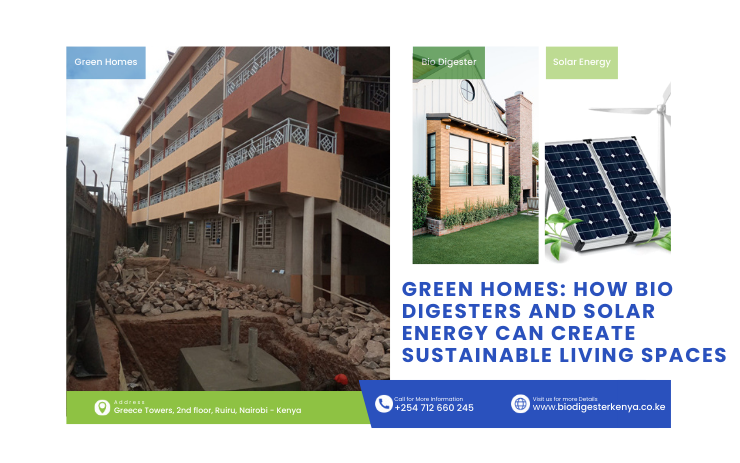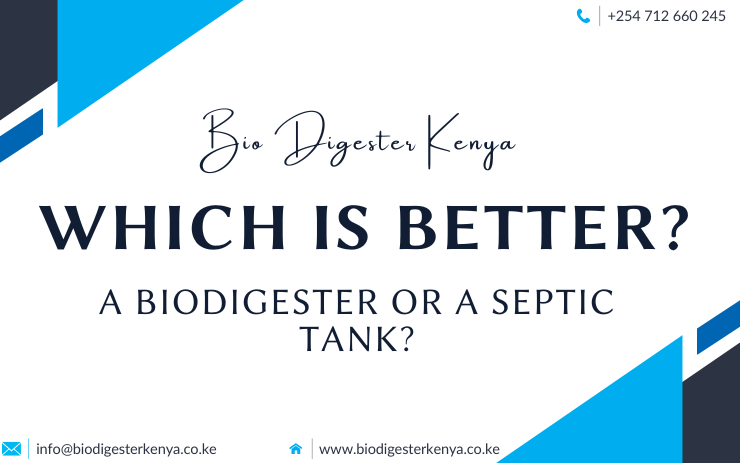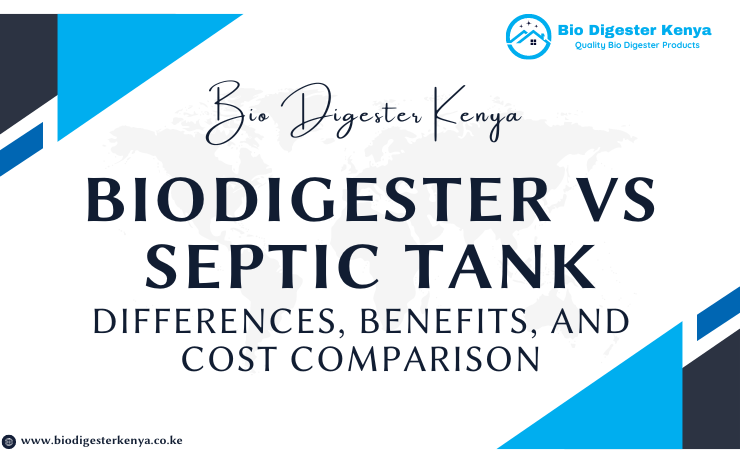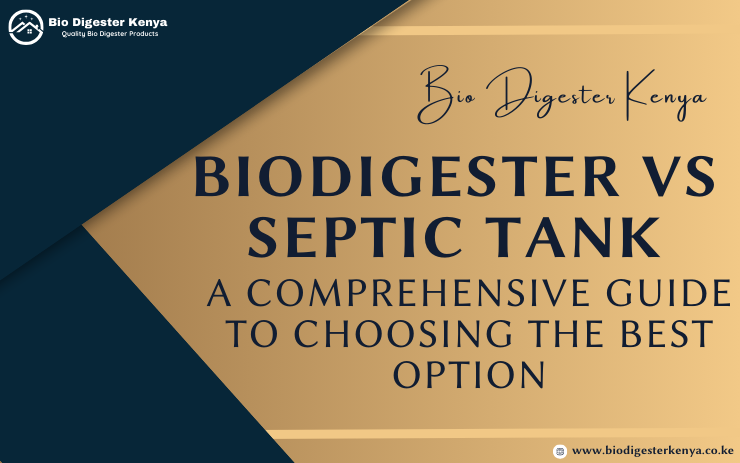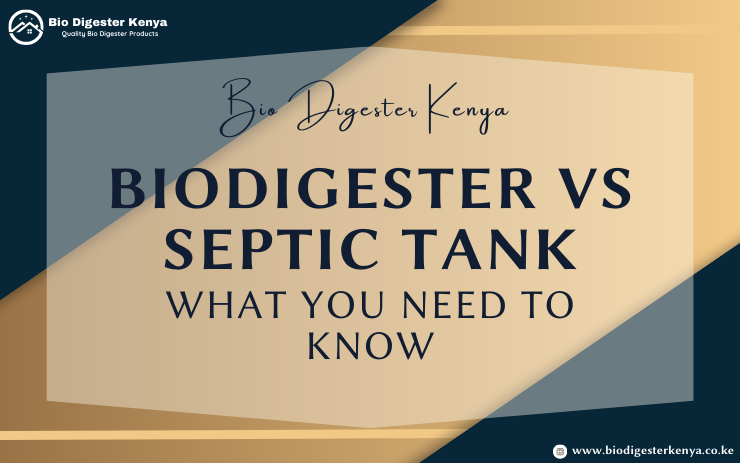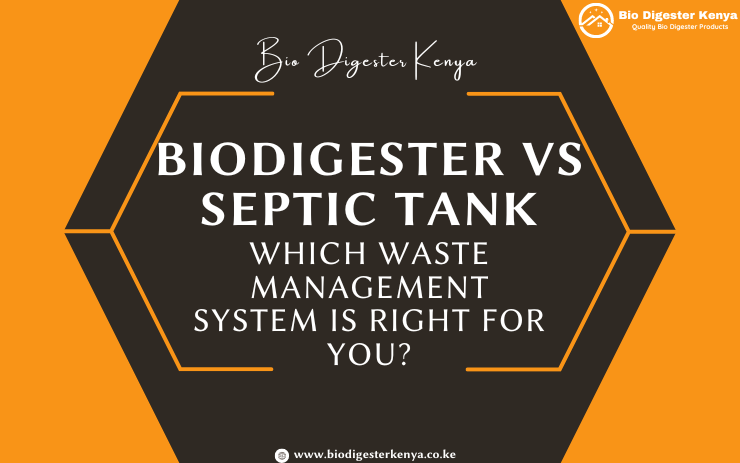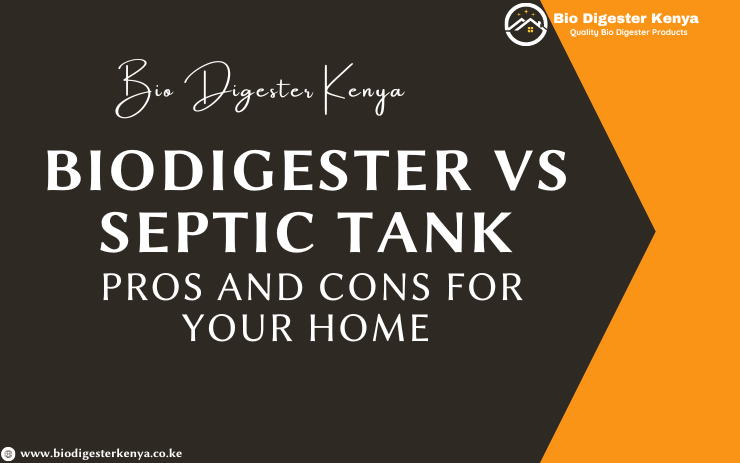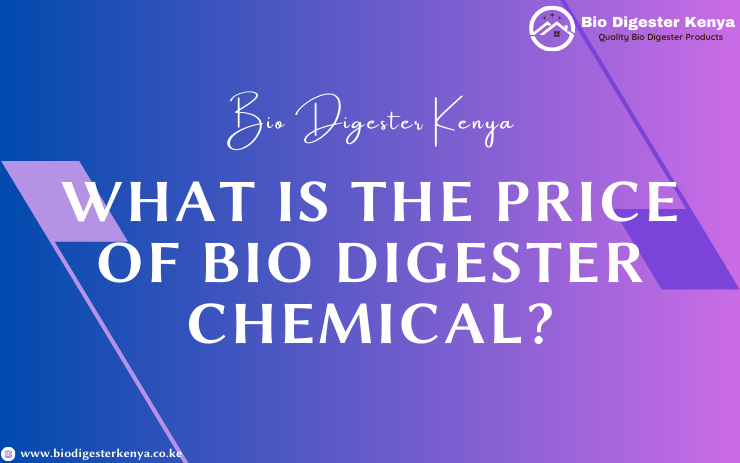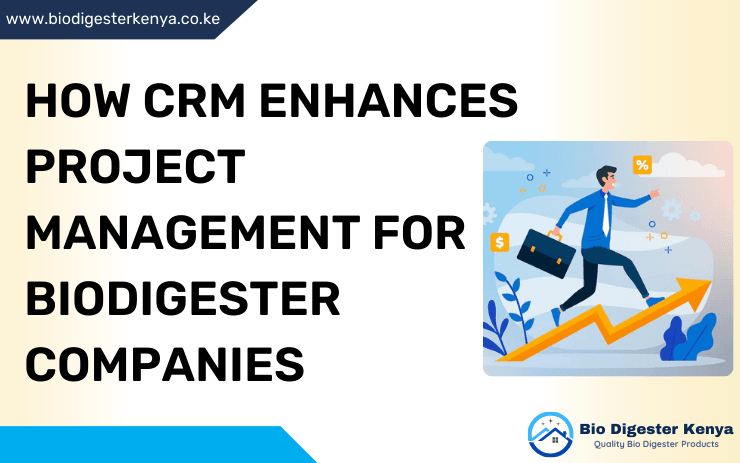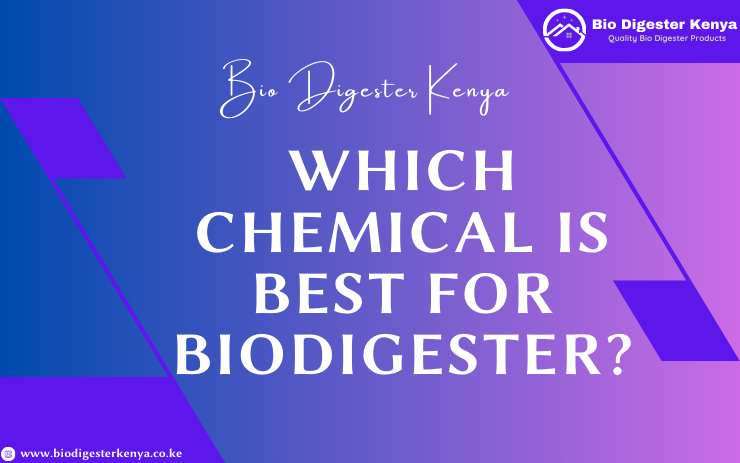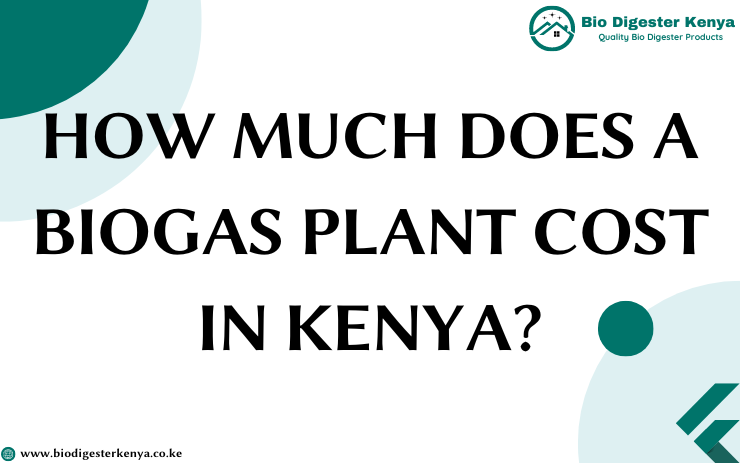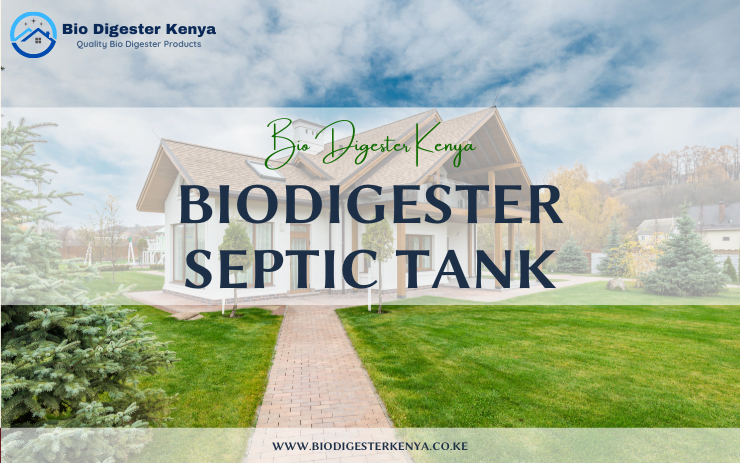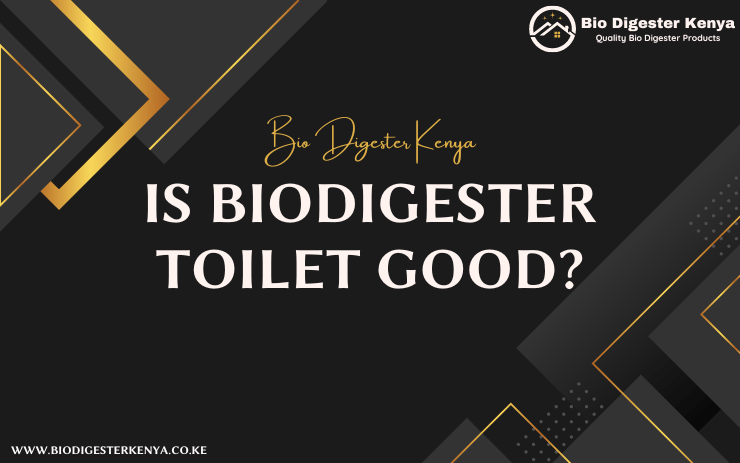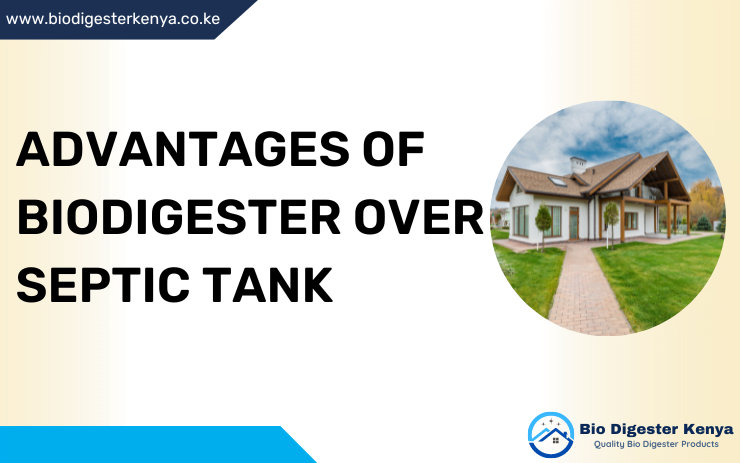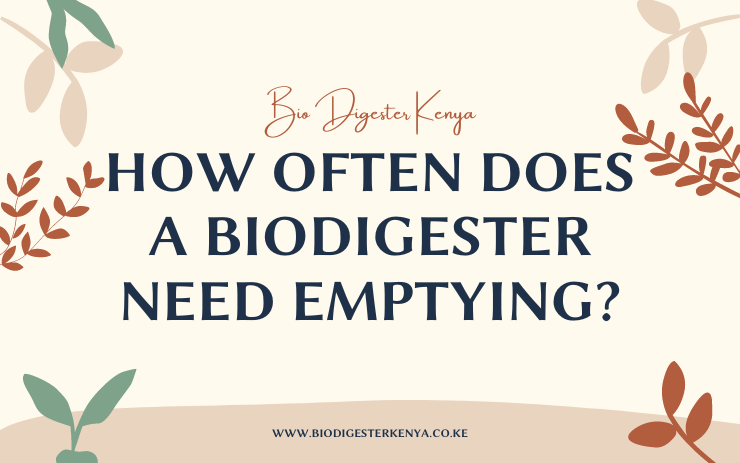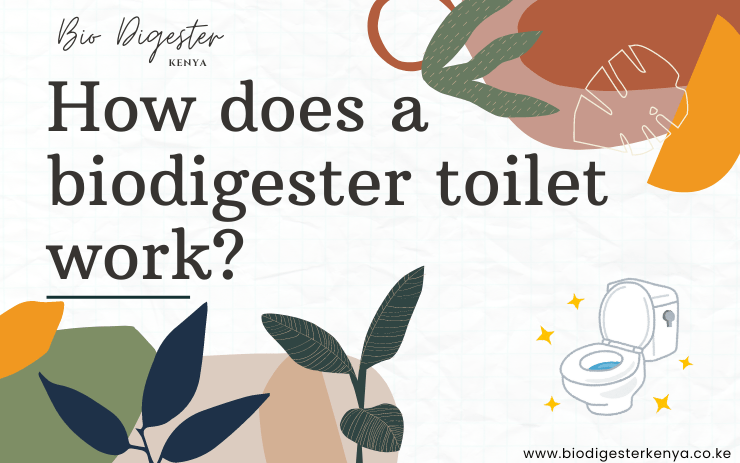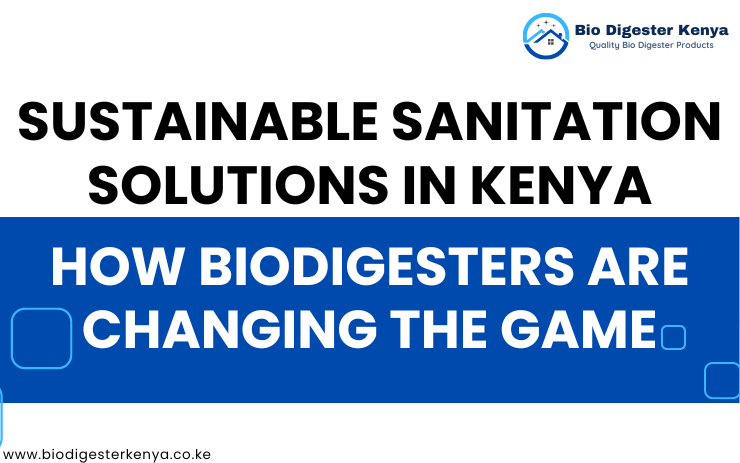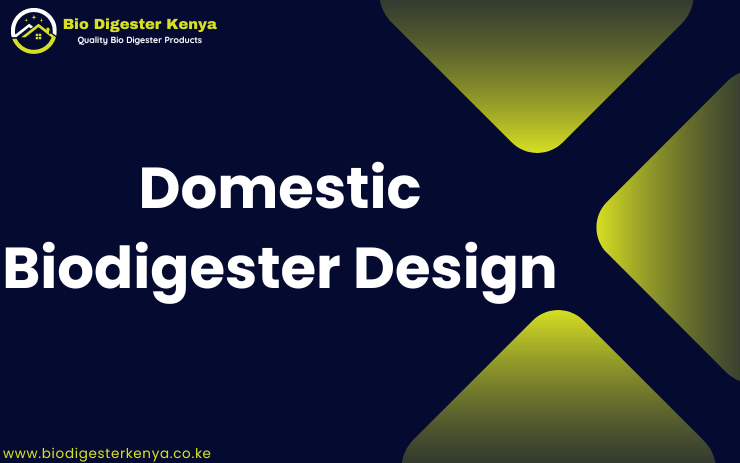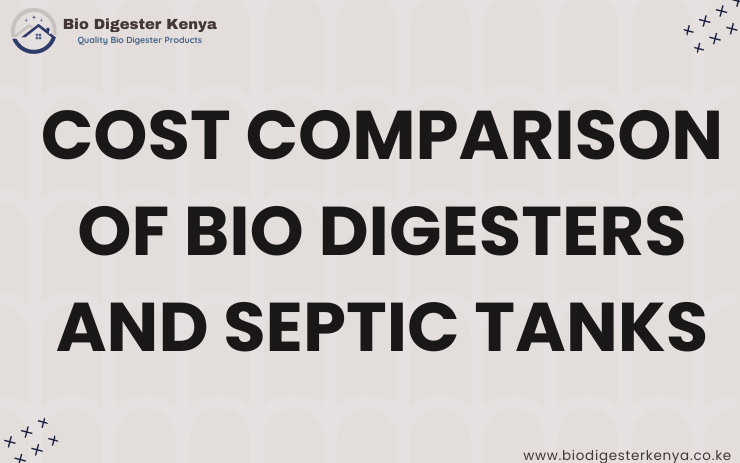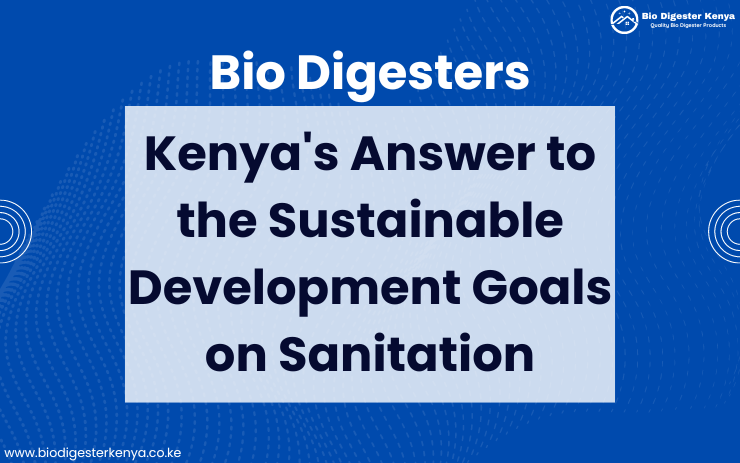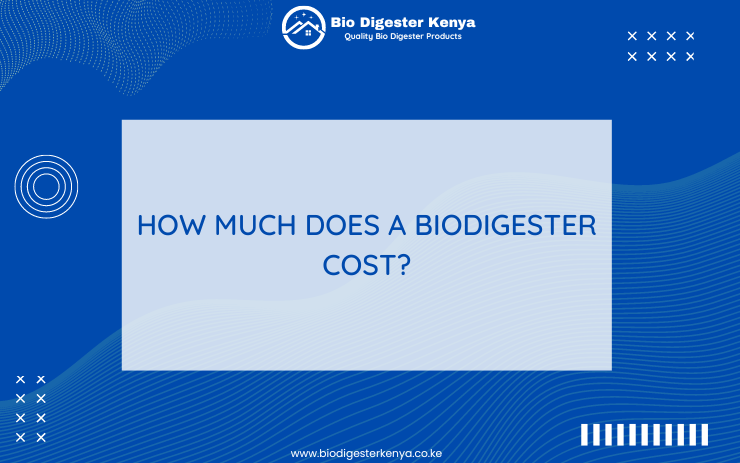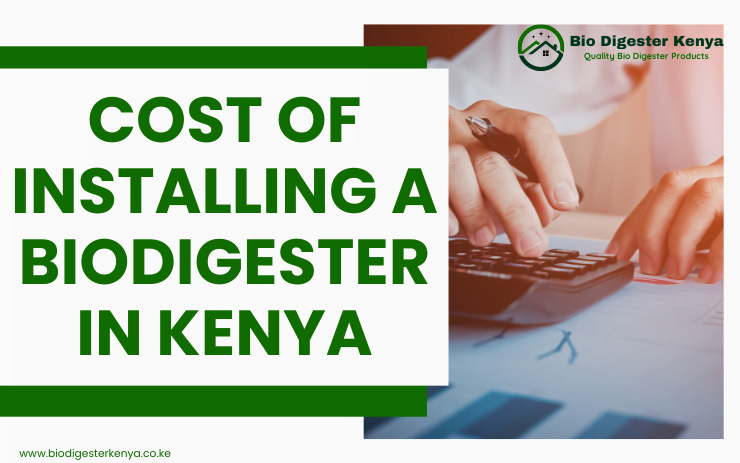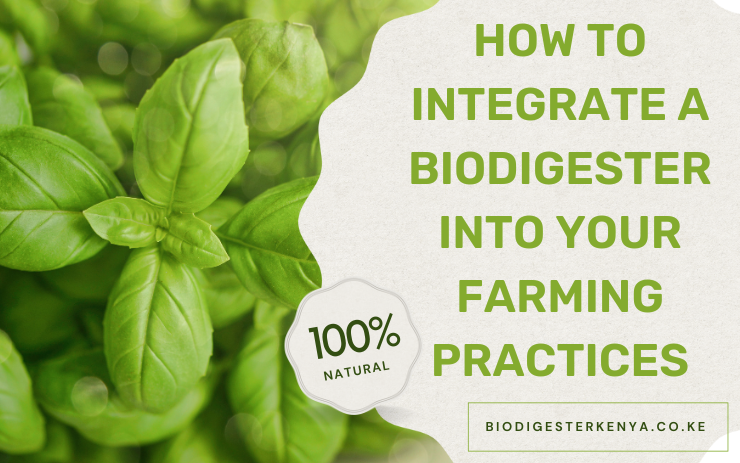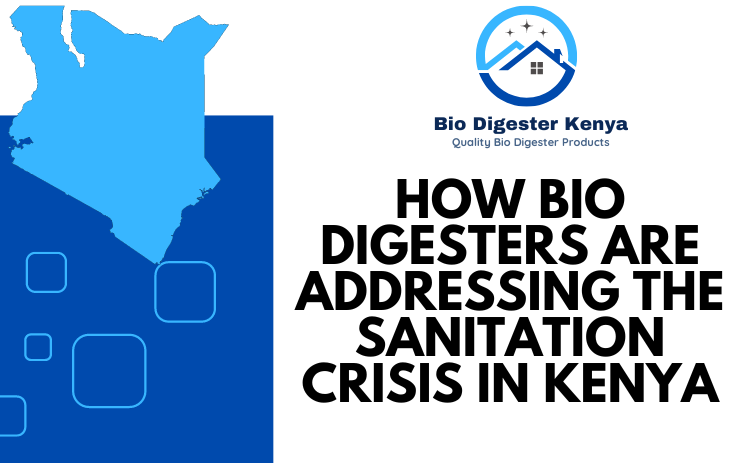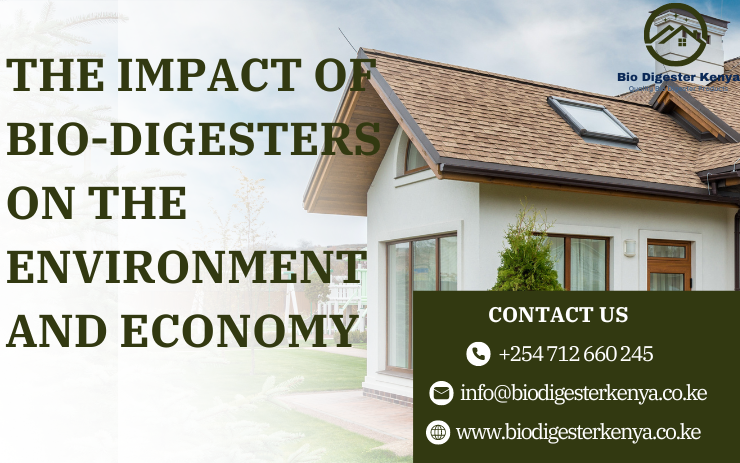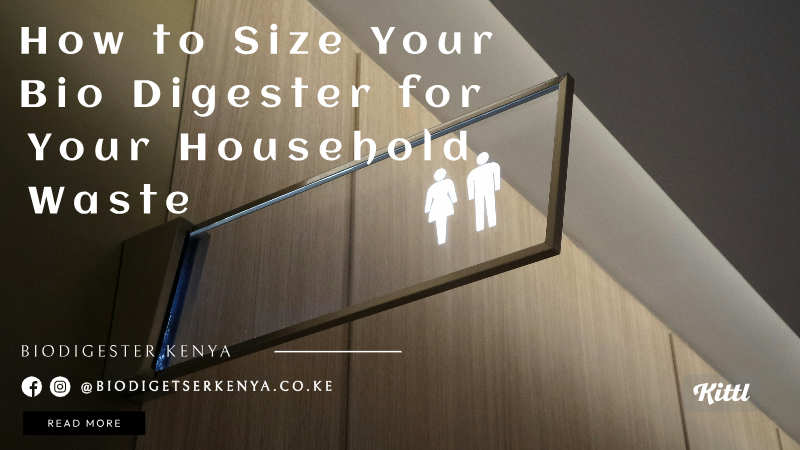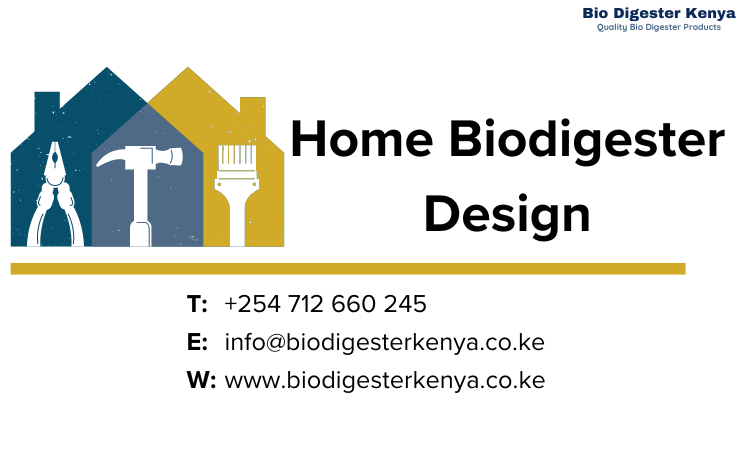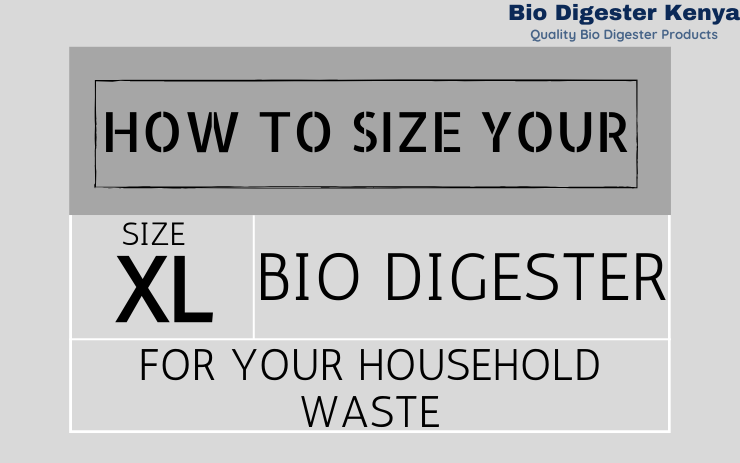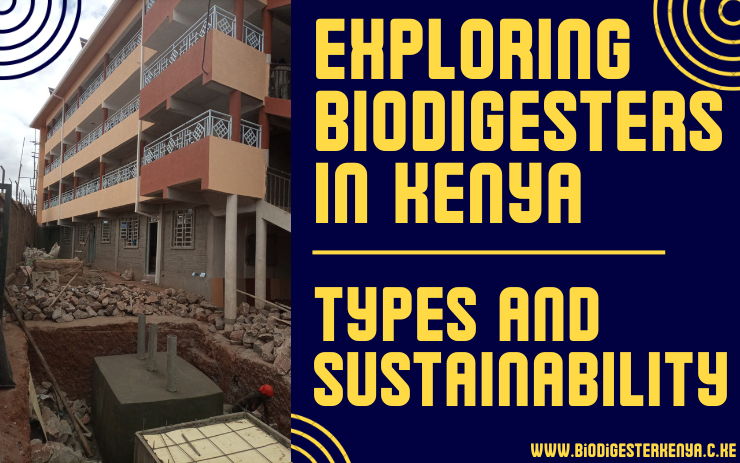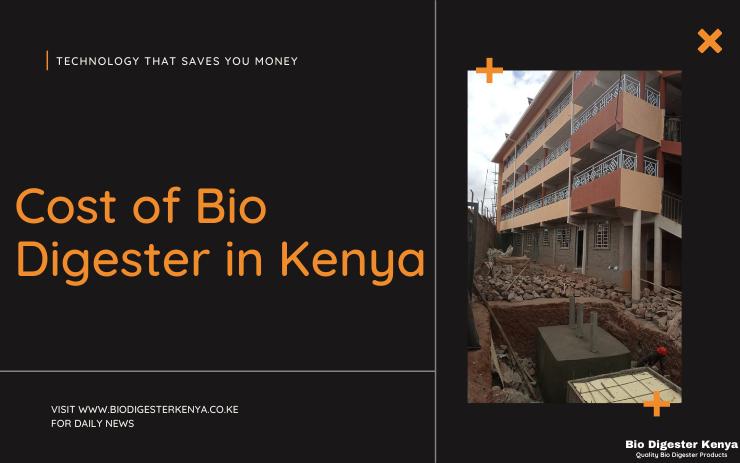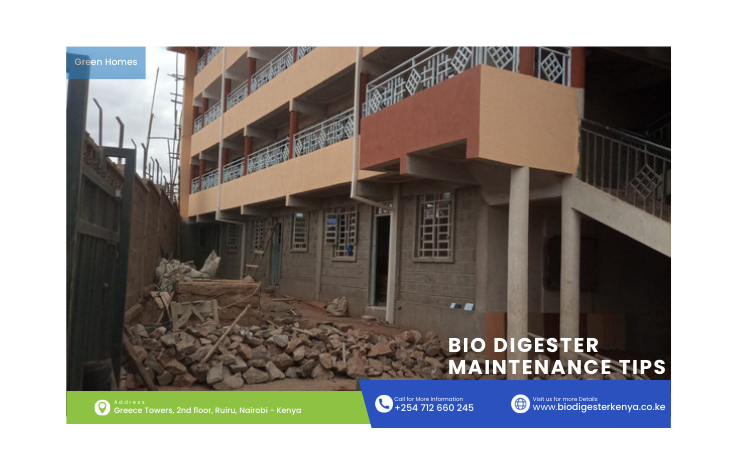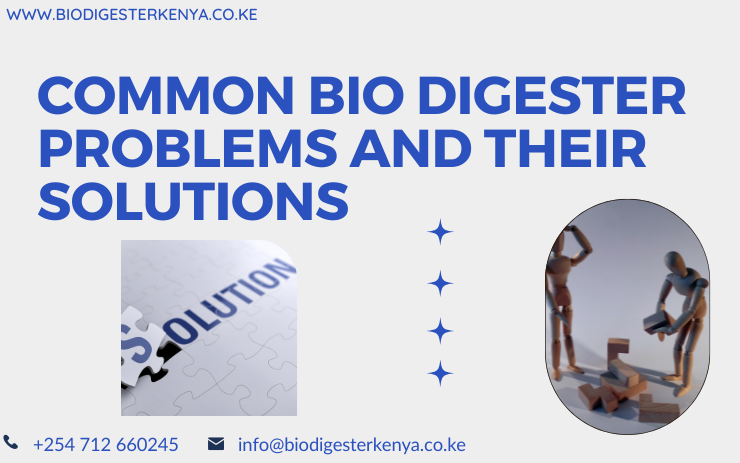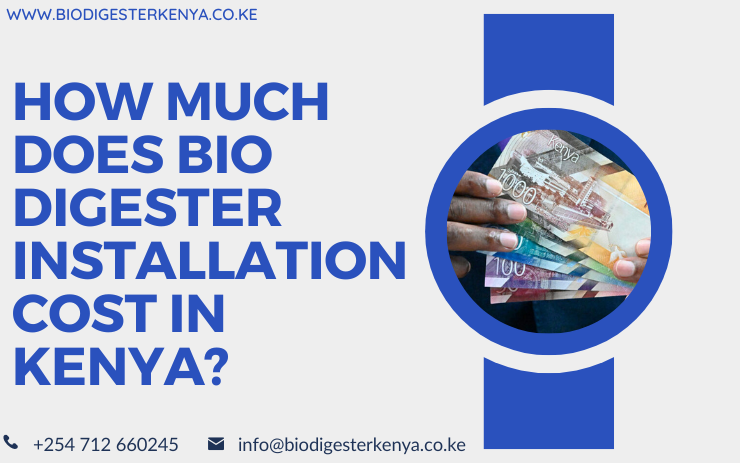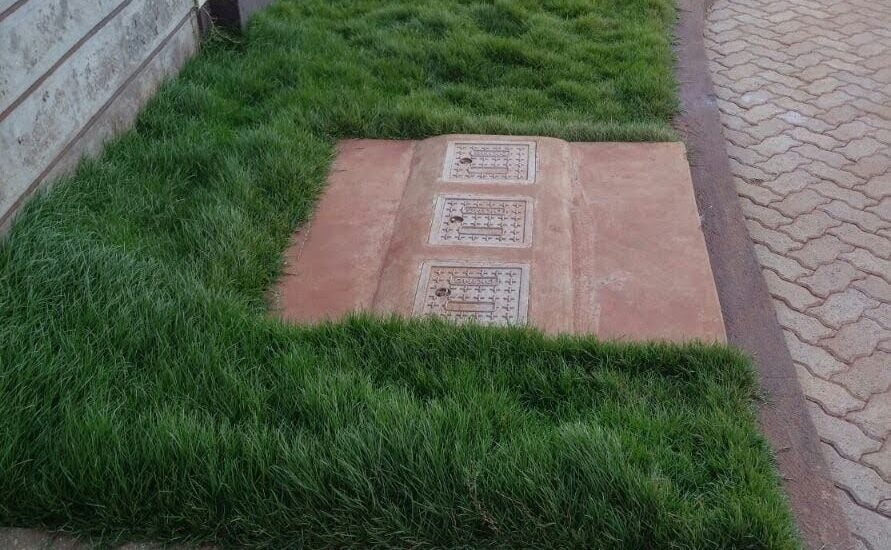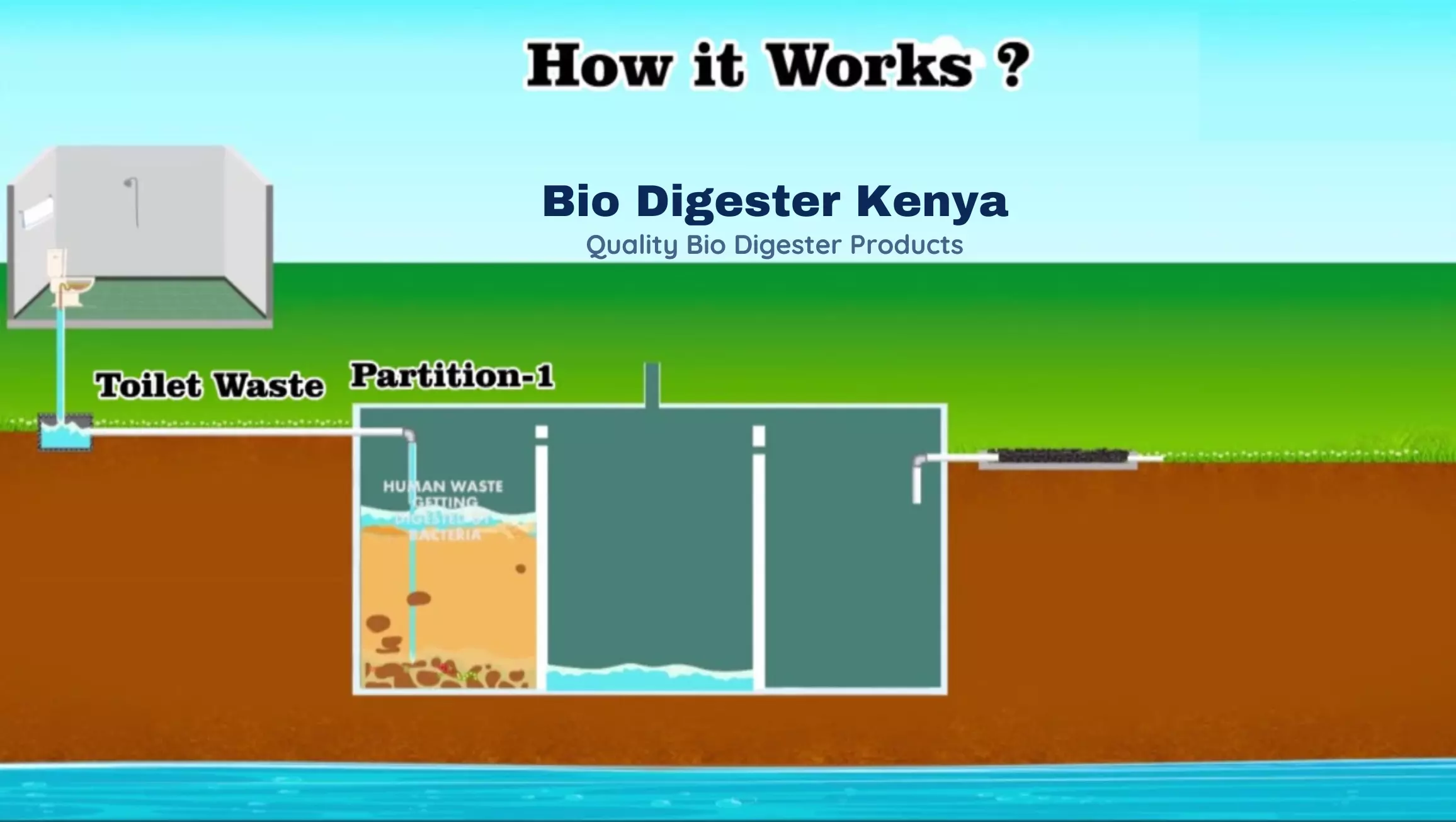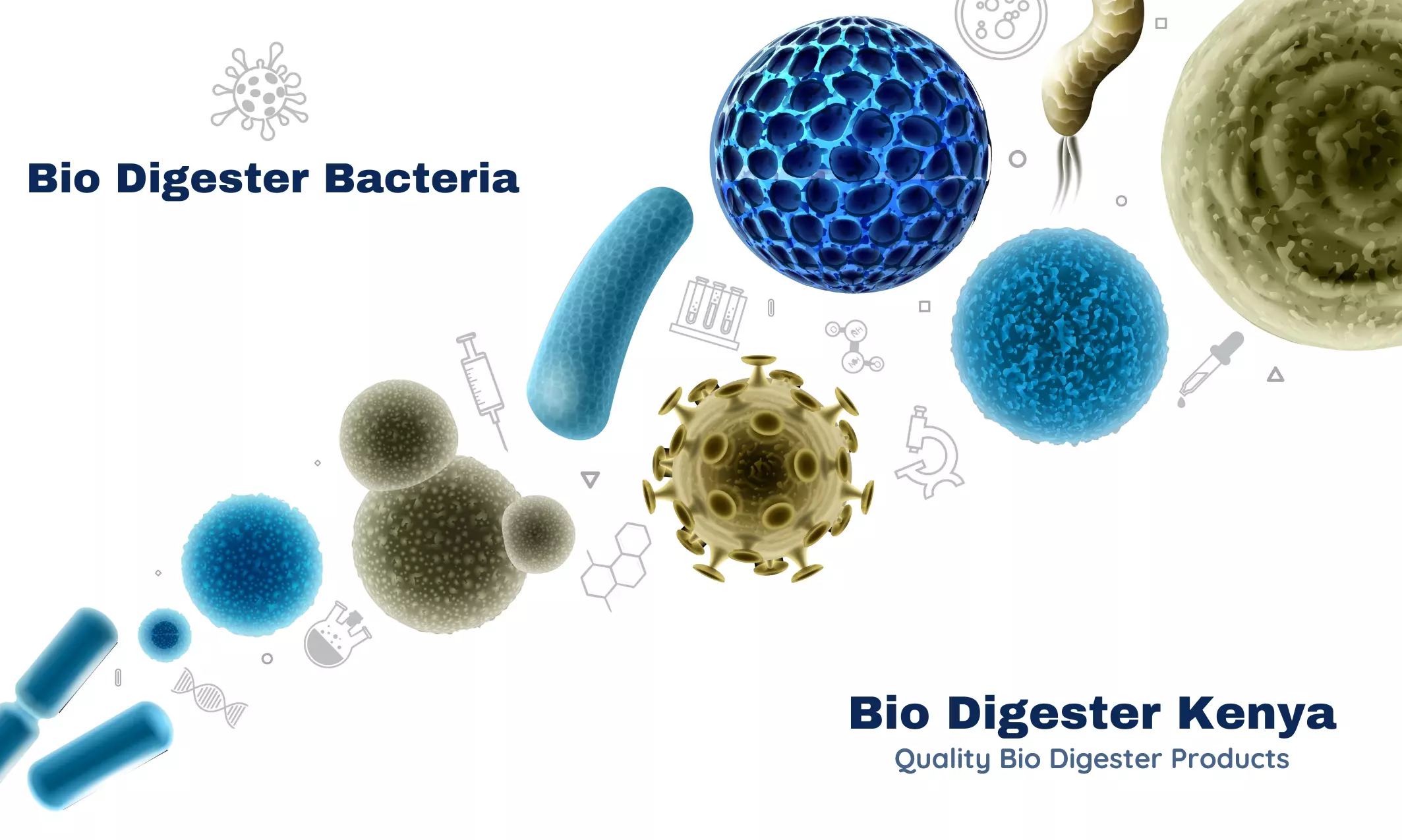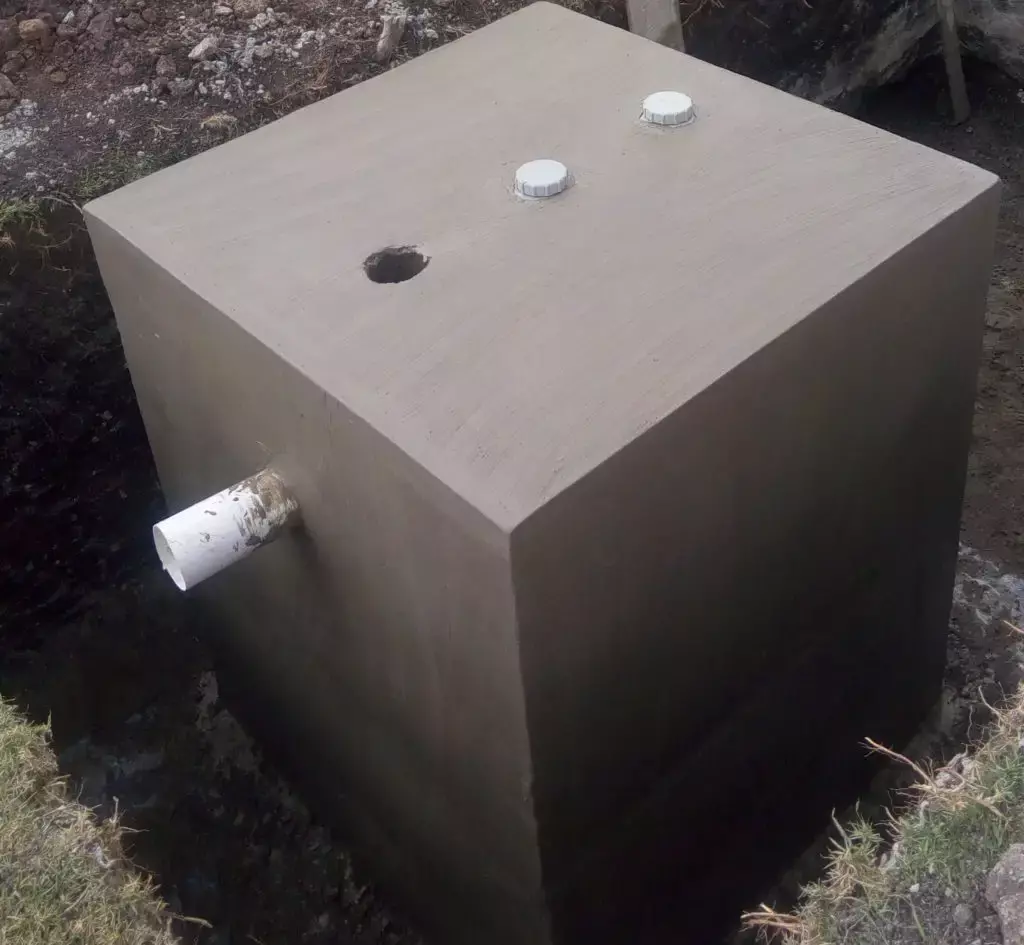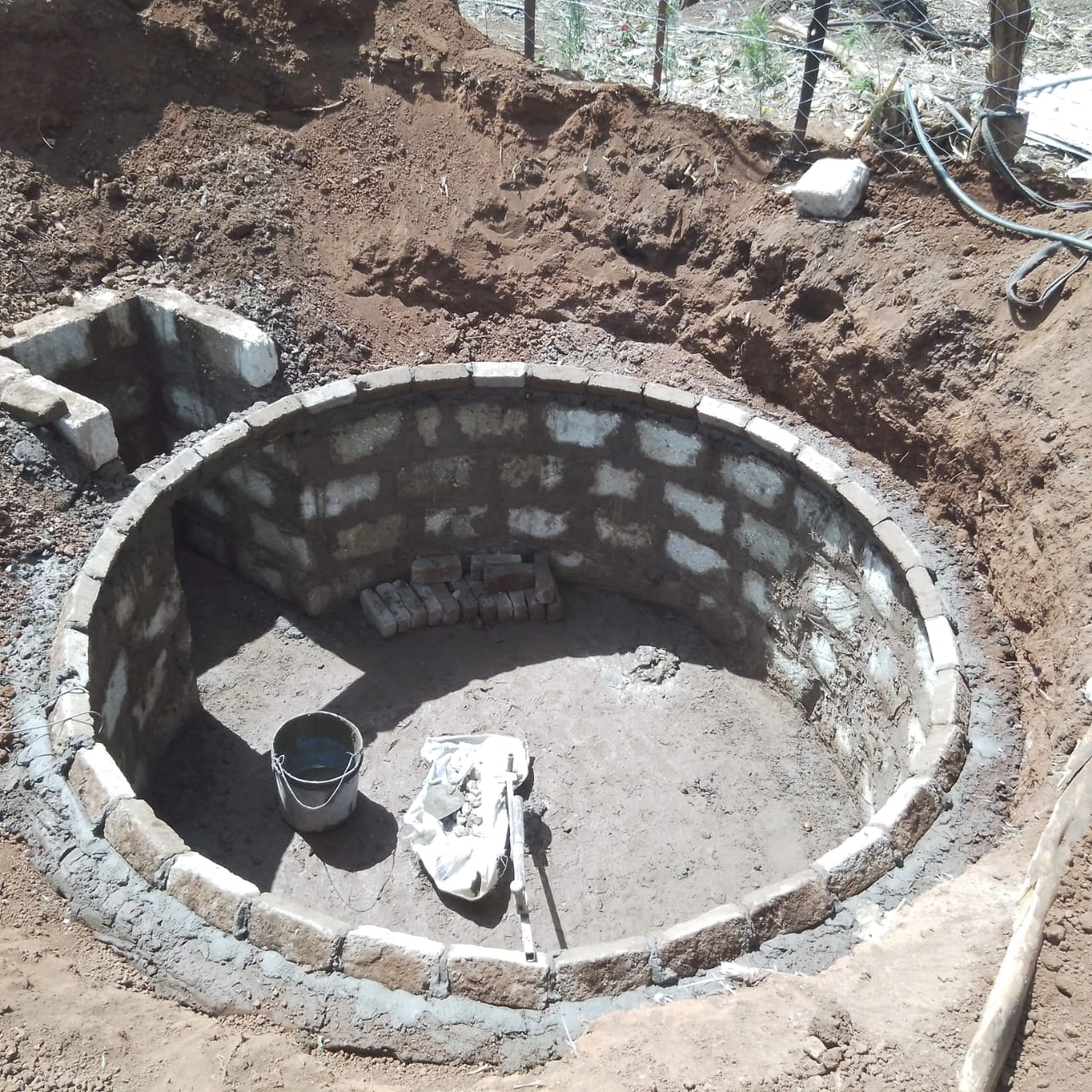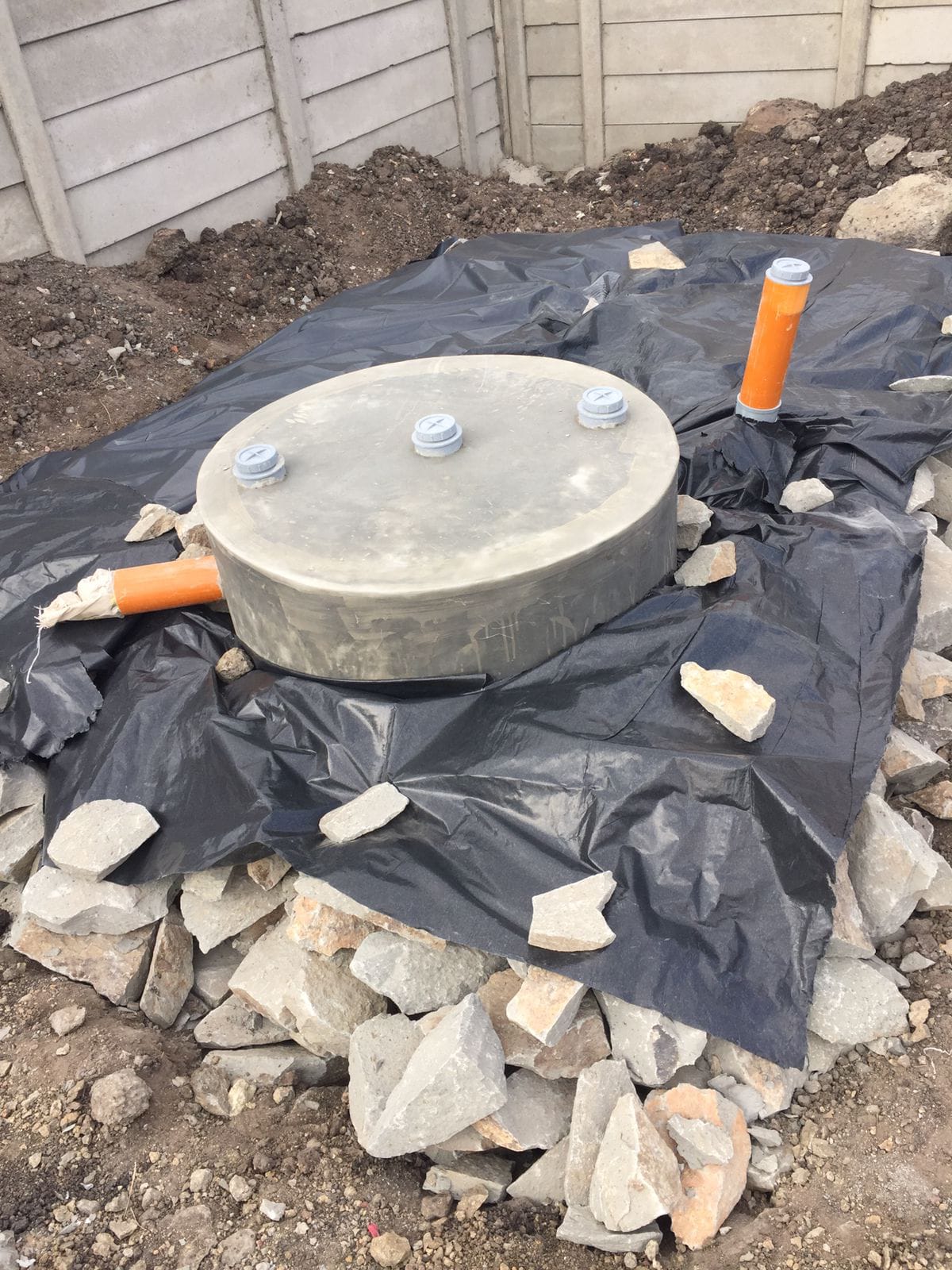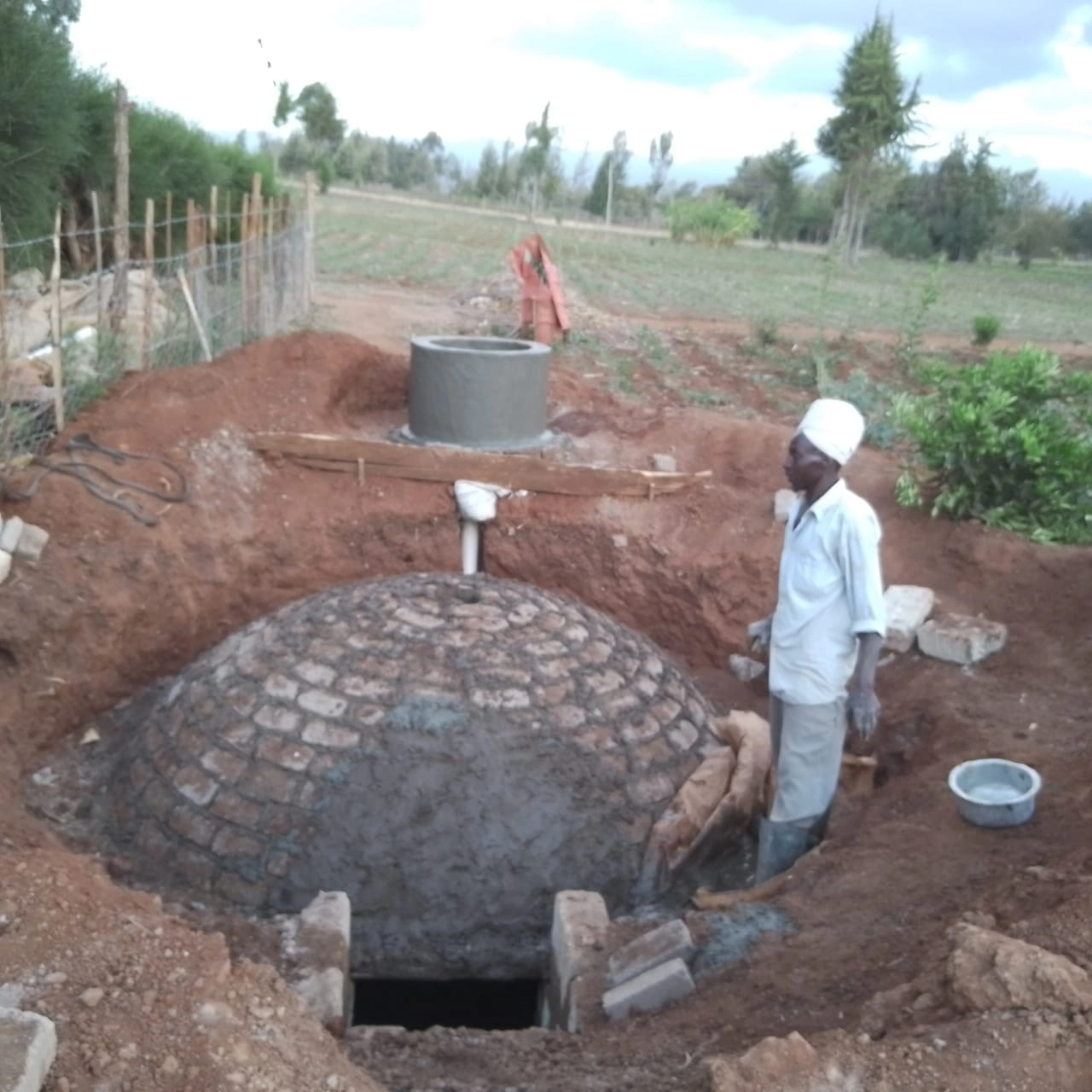Introduction
As our planet faces the challenges of climate change and environmental degradation, the concept of green homes has gained significant attention.
Green homes prioritize sustainable practices, minimizing their carbon footprint while maximizing energy efficiency.
In this article, we will explore the role of bio digesters and solar energy in creating sustainable living spaces.
We will discuss the benefits of bio digesters, the significance of solar energy, and how the combination of these technologies can contribute to a greener future.
Additionally, we will highlight a leading company in the field, Bio Digester Kenya, which specializes in designing and installing bio digesters for human waste management in residential and commercial spaces.
Table of Contents
Understanding Green Homes
Green homes, also known as eco-friendly or sustainable homes, are designed to minimize their impact on the environment.
These homes are built with the goal of reducing energy consumption, conserving water, promoting indoor air quality, and utilizing renewable energy sources.
By adopting sustainable practices, green homes contribute to a healthier and more sustainable future.
The Benefits of Solar Energy
Solar energy, derived from the sun’s rays, is one of the most abundant and cleanest sources of renewable energy available.
By harnessing the power of sunlight, green homes can enjoy several benefits:
-
Renewable and Clean Energy Source: Solar energy is renewable, meaning it will never run out as long as the sun continues to shine.
Unlike fossil fuels, solar energy production does not release harmful greenhouse gases into the atmosphere, making it an environmentally friendly choice. -
Cost Savings on Energy Bills: Green homes equipped with solar panels can generate their own electricity, reducing their reliance on the traditional power grid.
This self-sufficiency translates into significant cost savings on energy bills over the long term. -
Reduced Environmental Impact: Solar energy systems produce electricity without depleting natural resources or contributing to air or water pollution.
By choosing solar energy, homeowners actively contribute to reducing their carbon footprint and combating climate change.
Harnessing Solar Energy for Green Homes
To harness the power of solar energy effectively, green homes utilize various technologies:
Solar Panels and Photovoltaic Systems: Solar panels, composed of multiple photovoltaic cells, convert sunlight into electricity.
These panels are typically installed on the roof or in areas with maximum exposure to sunlight.
Photovoltaic systems capture the energy generated by solar panels and convert it into usable electricity for the home.Battery Storage Systems: To maximize the utilization of solar energy, green homes often integrate battery storage systems.
These systems store excess electricity generated during the day and release it when needed, ensuring a constant and reliable power supply even during cloudy or nighttime conditions.
Introducing Bio Digesters
Bio digesters are innovative systems that convert organic waste into biogas and biofertilizer through a process called anaerobic digestion.
These systems provide numerous benefits for sustainable living:
What are Bio Digesters? Bio digesters are sealed containers that create an oxygen-free environment where microorganisms break down organic waste, such as food scraps, animal manure, and sewage, to produce biogas and nutrient-rich biofertilizer.
Benefits of Bio Digesters for Sustainable Living: Bio digesters offer several advantages, including efficient waste management, reduction of greenhouse gas emissions, and production of renewable energy in the form of biogas.
Additionally, the biofertilizer produced can be used as a nutrient-rich soil amendment, promoting sustainable agriculture practices.Bio Digesters for Human Waste Management: In the context of green homes, bio digesters play a crucial role in sustainable human waste management.
These systems effectively treat human waste, transforming it into biogas that can be utilized for cooking, heating, or electricity generation, while also producing biofertilizer that can be safely used in agriculture.
Creating Sustainable Living Spaces
To achieve truly sustainable living spaces, the integration of solar energy systems and bio digesters is key.
By incorporating both technologies, homeowners can maximize energy efficiency and achieve a closed-loop waste management system:
Incorporating Solar Energy Systems: Green homes can maximize their reliance on solar energy by installing solar panels and utilizing photovoltaic systems.
The electricity generated can power various appliances and systems within the home, reducing the need for grid-based electricity.Installing Bio Digesters for Waste Management: To effectively manage organic waste, green homes can incorporate bio digesters into their waste management systems.
By treating human waste and other organic materials, bio digesters help minimize the environmental impact and promote a circular economy.The Synergy of Solar Energy and Bio Digesters: The combination of solar energy and bio digesters creates a sustainable synergy.
Solar energy provides the power needed to run bio digesters, ensuring a continuous supply of renewable energy for waste treatment.
In return, the bio digesters contribute to waste reduction, biogas production, and the generation of nutrient-rich biofertilizer.
Green Home Case Study: Bio Digester Kenya
Introduction to Bio Digester Kenya: Bio Digester Kenya is a leading company specializing in the design and installation of bio digesters for waste management solutions.
Operating in Kenya, the company is committed to providing sustainable and eco-friendly options for residential homes and commercial spaces.Bio Digesters for Residential Homes: Bio Digester Kenya offers tailored bio digester solutions for residential homes.
These systems efficiently manage human waste, converting it into biogas for energy needs and biofertilizer for sustainable agriculture practices.
By choosing Bio Digester Kenya, homeowners can contribute to a greener future while ensuring effective waste management.Bio Digesters for Commercial Spaces: In addition to residential homes, Bio Digester Kenya provides bio digester solutions for commercial spaces.
These systems effectively manage larger volumes of waste generated by hotels, schools, shopping centers, and other commercial establishments.
By implementing bio digesters, businesses can reduce their environmental impact and demonstrate their commitment to sustainability.
Conclusion
The combination of solar energy and bio digesters holds great potential in creating sustainable living spaces.
Green homes equipped with solar panels and integrated bio digester systems can enjoy clean, renewable energy while effectively managing organic waste.
By choosing sustainable solutions like those offered by Bio Digester Kenya, homeowners and businesses in Kenya can contribute to a greener future and positively impact the environment.
